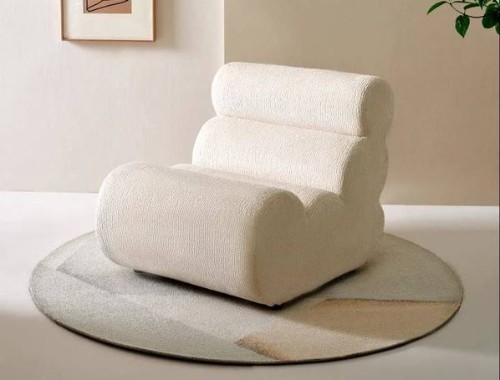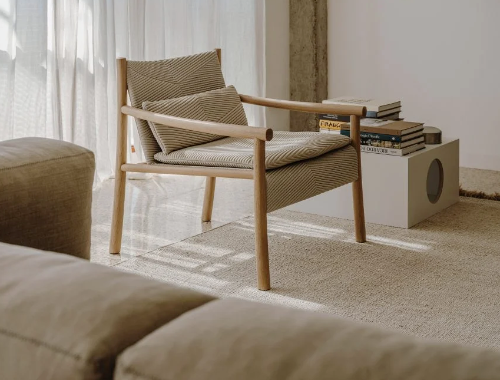ITC report looks at furniture antidumping settlements
U.S. furniture producers have told federal investigators they have received a net of $13.3 million from settlement agreements that allow Chinese bedroom furniture producers to escape an in-depth annual audit of their business operations.
WASHINGTON — U.S. furniture producers have told federal investigators they have received a net of $13.3 million from settlement agreements that allow Chinese bedroom furniture producers to escape an in-depth annual audit of their business operations.
The report did not specify gross settlement proceeds received by the U.S. producers, who have said they have used much of the money to cover legal expenses related to the antidumping case.
The figure was published in a recently completed International Trade Commission report on the wood bedroom furniture antidumping case. It was based on producers' responses to questionnaires the ITC issued as part of its five-year sunset review that will determine whether the duties continue for another five years.
Producers receiving the settlements include members of the American Furniture Manufacturers Committee for Legal Trade, the group that filed the initial petition with the U.S. government in 2003 to protest unfair pricing tactics of Chinese bedroom producers.
Twenty producers that responded to the questionnaires said their firms received payments either directly or indirectly from Chinese producers or U.S. importers of wooden bedroom furniture since 2006.
The report said the payments were related to an agreement to withdraw, or avoid, the initiation of annual audits known as administrative reviews. These are performed by the U.S. Department of Commerce to determine whether Chinese producers warrant a higher or lower duty than their initial cash deposit rate.
By paying settlement fees, many of these Chinese producers have been able to stay at duty rates of 7.24% or less. That, in turn, limits the exposure faced by their U.S. importers of record, which pay the duties.
The public version of the report did not name the producers, nor did it say whether the recipients were all members of the AFMC.
The settlement proceeds are in addition to the $120.5 million in Byrd monies the AFMC members have received since 2005, the ITC said. Under the former Byrd Amendment, the duties collected through September 2007 went to the petitioning companies.
In its questionnaires, the ITC asked U.S. producers, importers, purchasers and Chinese producers to answer questions about the settlements.
According to the public report, some respondents alleged that "because of the settlements, AFMC members have no incentive to increase their domestic production of wooden bedroom furniture."
The report also said that AFMC members believe that "settlement agreements of administrative reviews conducted by Commerce have no relevance to any issue before the Commission."
The ITC is expected to vote Nov. 30 on whether to continue the duties for another five years.
-

Quanyou teamed up with the fashion brand ANNAKIKI to launch a new joint product!
-

Outer, an outdoor furniture brand founded by Chinese, enters the Australian market
-

National Bureau of Statistics: The retail sales of furniture in the first three quarters reached 120.5 billion, an increase of 20.7%
-

Enveloping lounge chairs and lightweight office chairs from Arper feature

 沪公网安备31010402003309号
沪公网安备31010402003309号



